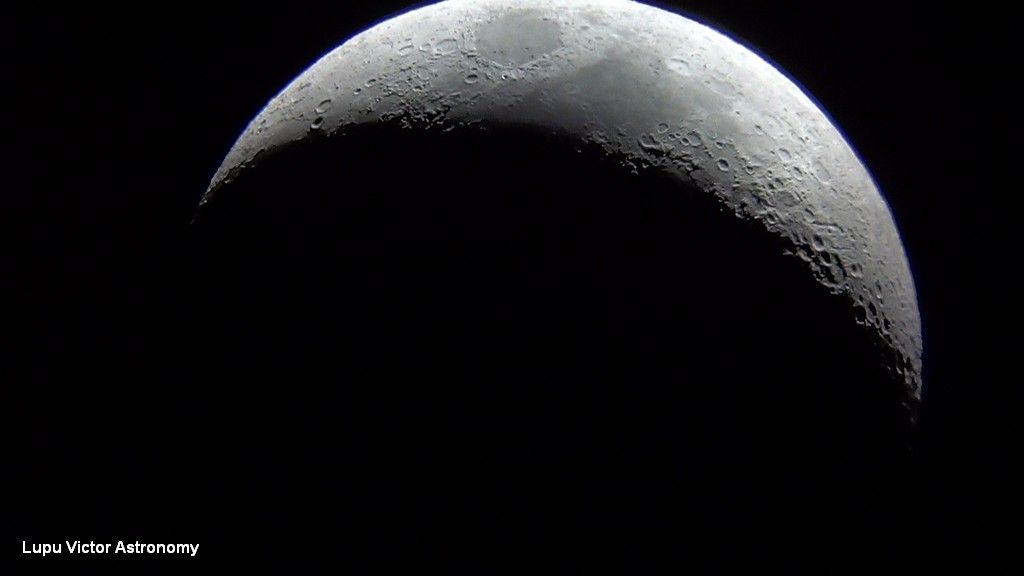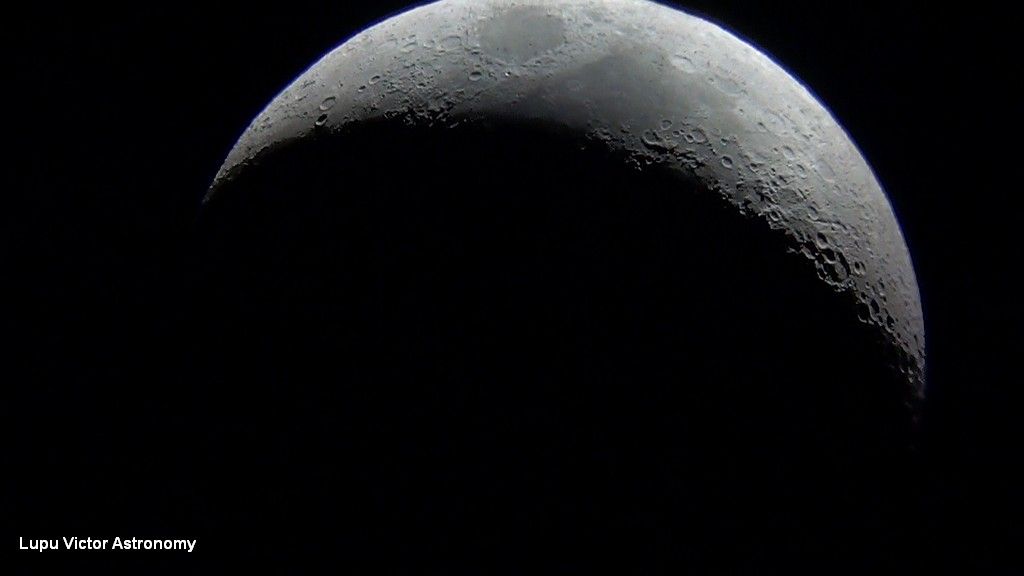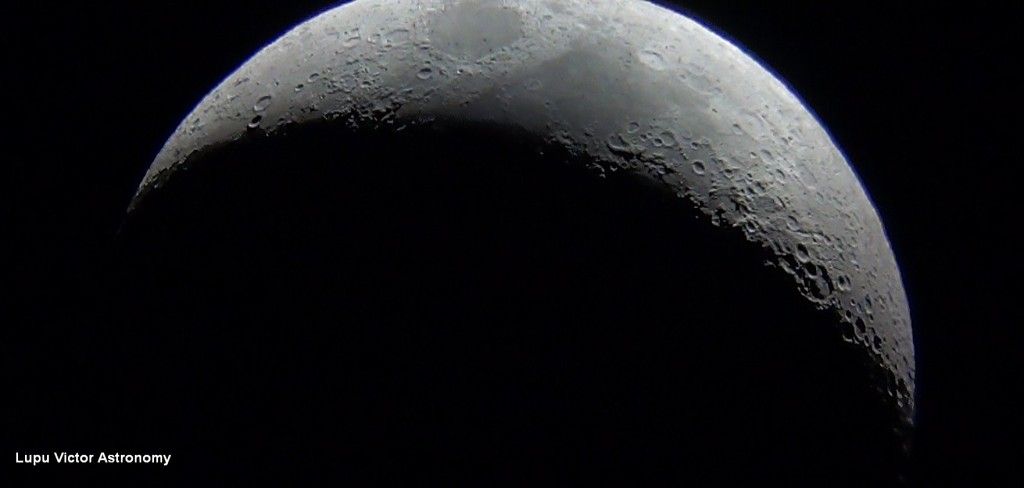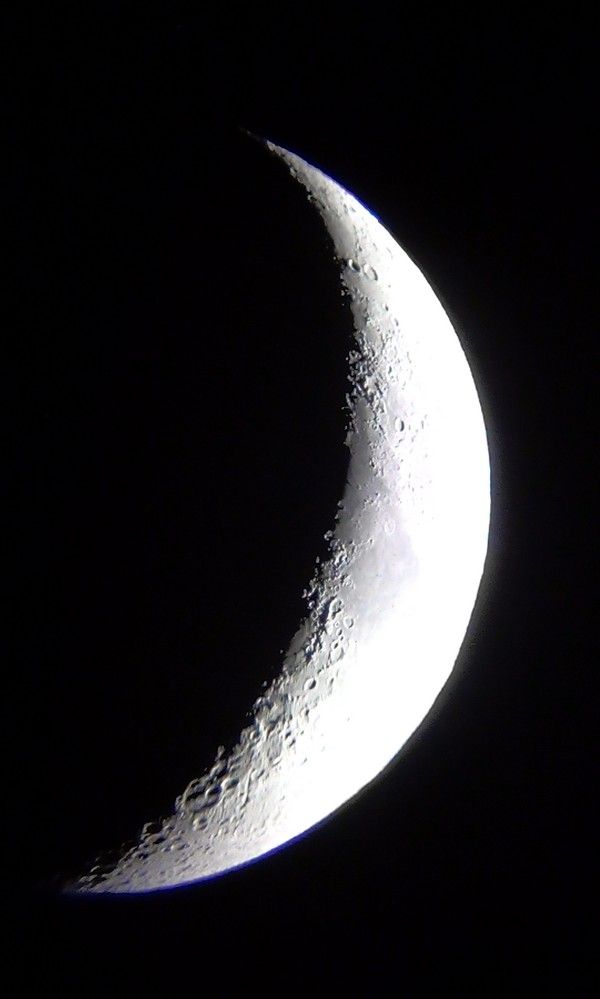Thursday, 2 August 2012
Solar System exploration: What if we had no Moon
In our Solar System is known only one Moon by us in astronomy, actually in the whole cosmic space, responsible for life on a planet, and this is our Moon, called Selena, because without it, life on Earth would take a turn hard to imagine.
Mars also has two moons, Phobos and Deimos, but some asteroids-like, and not very large and the planet does not depends on their existence in terms of its rotation, tilt axis, the gravitational pull causing tides, and others. These moons do not have a spherical shape, and look like asteroids from the asteroid belt, that are lost, being caught in the orbit of Mars.
If our moon were not where it is, most the oceans would have suffered, which would not be attracted by its gravity towards the equator, and therefore water would be redistributed to the poles of the planet.
Another effect would be affecting Earth's rotation axis and to stay the same direction, as the Moon is a stabilizing factor of our planet. Earth could have a chaotic rotation, and also chaotic seasons. It is possible to wake up ourselves with 10 seasons, or only 2. Behavior of the Earth is unknown in this situation.
There is no doubt that the Earth will not have a 24-hour day, but most likely, it will spin faster on its axis, making the day having fewer hours. Moon slows the Earth causing it to have its rotation on its axis of today.
The distances when the Earth reaches perihelion and aphelion from the Sun may also be changed. In addition, we can not predict not even the pocesses that would change the Earth's core. Unprecedented volcanic eruptions and earthquakes can occur, that the major population of today did not know about.
Life on Earth would not look anything like the one we are living now, because species adapted to the current climate, would disappear. The climate would be unpredictable, and many animals on the planet will not migrate to large territories to find conditions favorable to life again.
In conclusion, the relationship between Earth and the Moon is crucial to life on our planet. All the normal processes would suffer a bit, starting from the core to the surface of our planet, making it unrecognizable to be seen from space.
Regardless of how the Moon came to orbit our planet, enjoy it, look at it in a romantic or science way in all its splendor, and do not forget that this rock in space made us a great service.
Photographer: Victor Lupu
Optics: Celestron C8-Newtonian telescope, plossl 20mm, 2x Barlow
Mount: CG5 (EQ5)
Device: Sony CX130
Filter: no
Date: 26/02/2012
Location: Baia Mare, Romania
Processing: Sony Vegas 10 video capture Splash Player
Video: Victor Lupu
Optics: CelestronC8 "-Newtonian telescope, plossl20mm, 2x Barlow
Mount: CG5 (EQ5)
Magnification: 100x
Device: Sony CX-130
Video mode: Full HD progressive 1920x1080
Filter: no
Date: 27/02/2012
Location: Baia Mare, Romania
Processing and editing: Sony Vegas 10
IMAGES AND VIDEOS
About me
(8)
Astronomical Phylosophy
(5)
Astronomy Labels
(1)
Astronomy terms
(5)
Craters-Reinhold and Lansberg
(2)
Craters-Santbech
(5)
DSLR Hyperion pictures
(4)
DSLR astronomy pictures
(4)
DSLR telescope pictures
(21)
Occultations
(5)
Rima Ariadaeus
(4)
Rupes Altai
(10)
The colours of the Moon
(7)
Things about the Moon
(9)
Weird sightings
(8)




 Thursday, August 02, 2012
Thursday, August 02, 2012
 Unknown
Unknown






 Posted in:
Posted in: 


0 comments:
Post a Comment